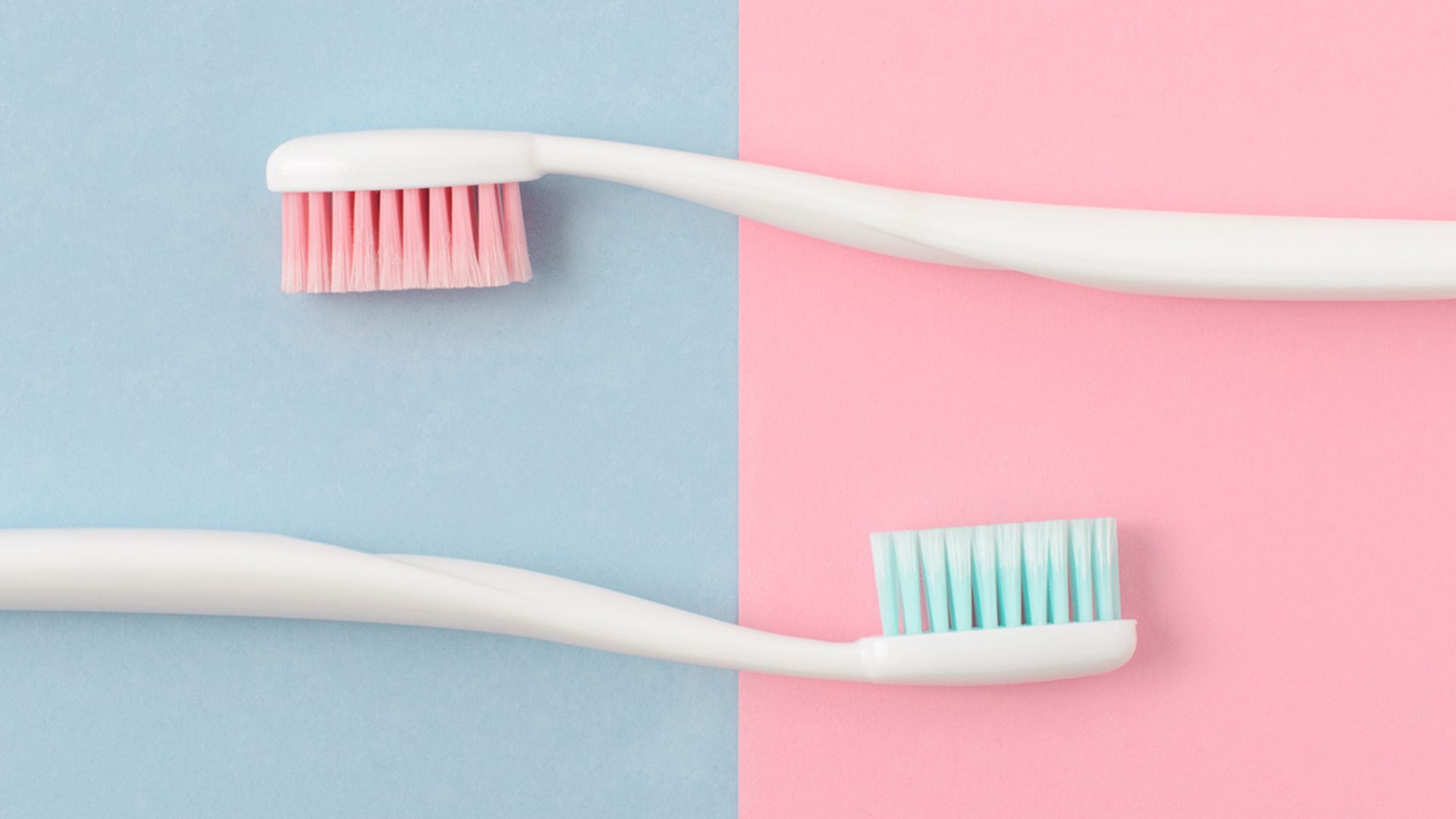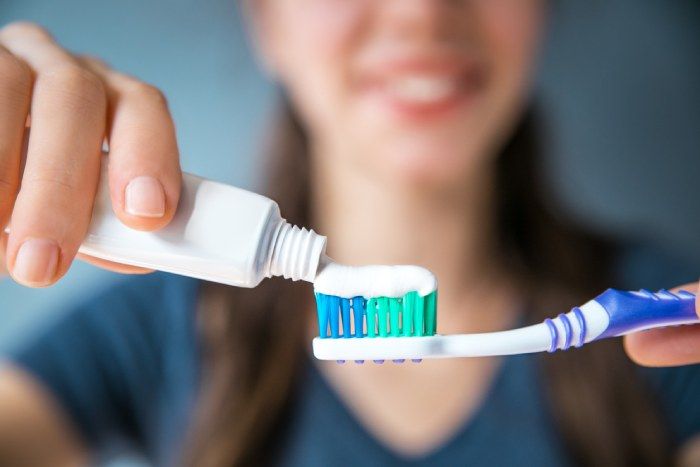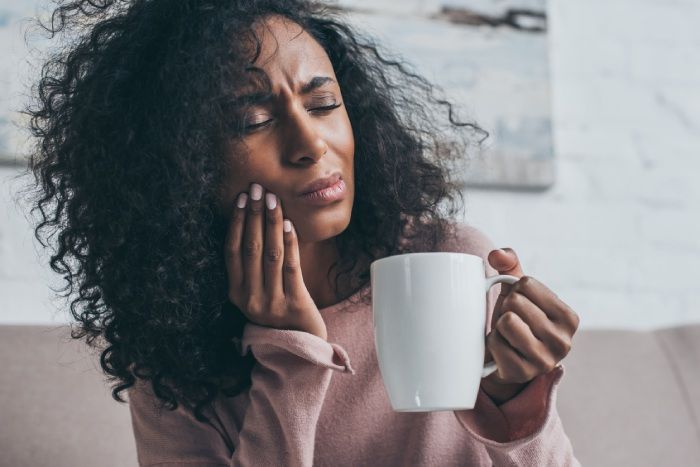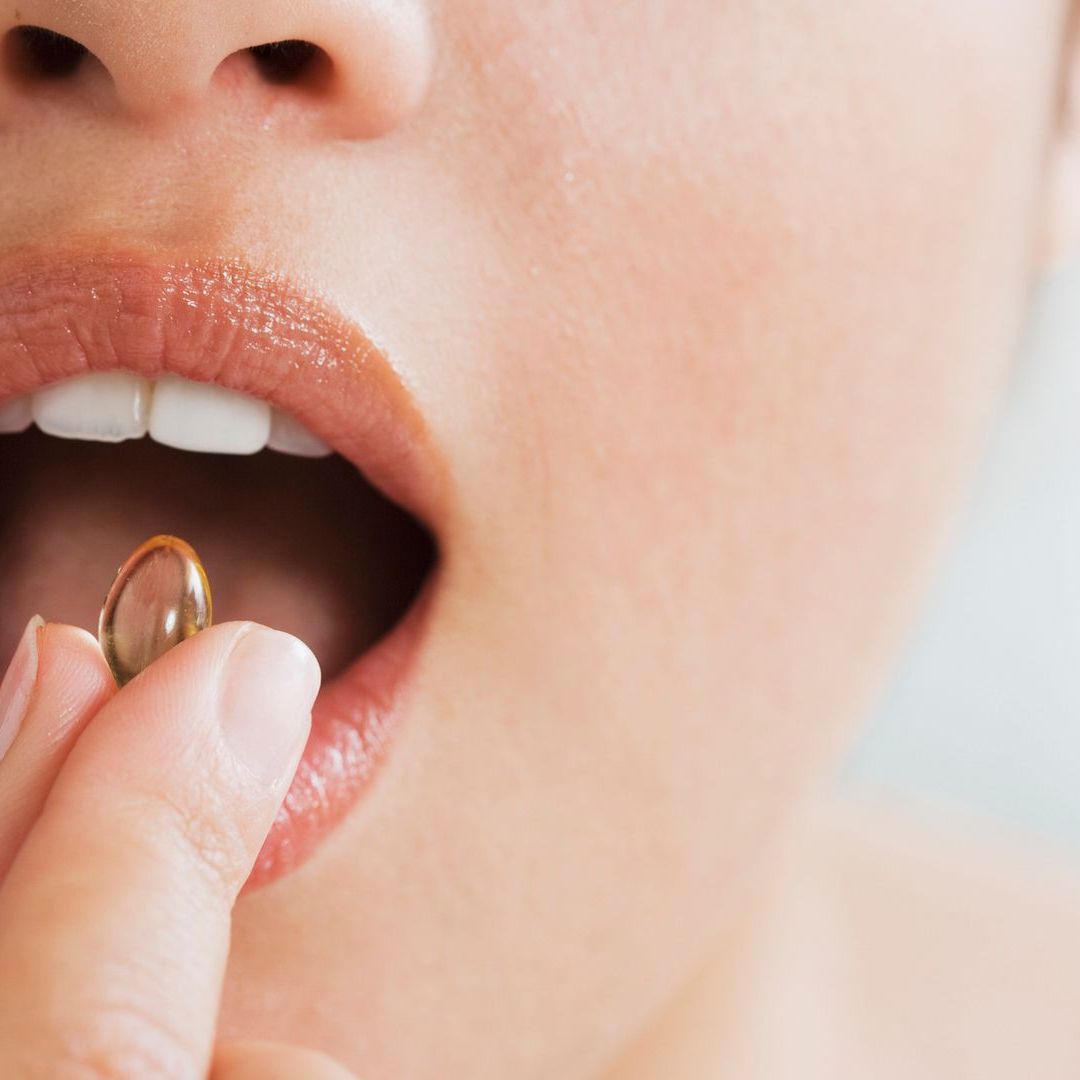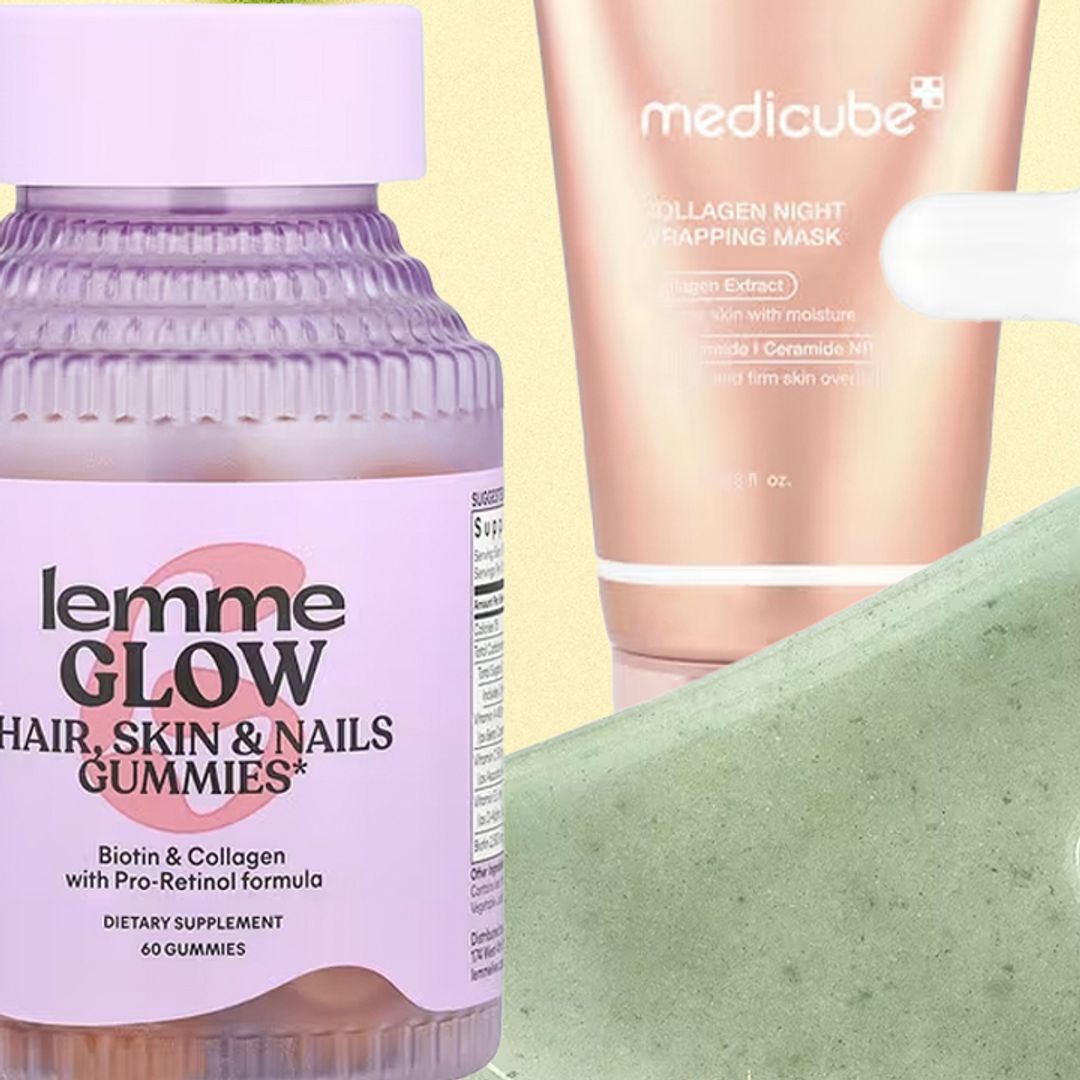With the coronavirus pandemic forcing dental practices across the UK to close their doors, now more than ever, it's imperative that we keep our teeth and gums in check. While your dentist should still be able to offer you advice over the phone and arrange emergency prescriptions with your local pharmacist, there aren't actually many dental hospitals which are equipped to carry out emergency work. Speaking to Dr Safa Al-Naher - a leading Dentist and Facial Aesthetics Practitioner who currently works across two award-winning clinics in Hammersmith, we've created a list of top tips for keeping your teeth and gums healthy - plus, some much-needed advice in case of a dental emergency.
RELATED: Bored in lockdown? We've got a list of all the things you can do in self-isolation
Looking after your teeth and gum health at home
1. Brush your teeth twice a day at home using fluoride toothpaste
Dr Al-Naher points out that while "there has been a trend to switch to fluoride-free toothpastes because of the incorrect claims that fluoride in toothpaste is dangerous, fluoride is the best substance to use topically on teeth to make them stronger and more resistant to tooth decay, and it is the only substance that can help to reverse early tooth decay." In the case of young children, remember to use an age-appropriate fluoride toothpaste and supervise their brushing until they are at least six years old.
2. Make sure to clean in between your teeth and floss
While brushing with a manual or electric toothbrush at the junction of the tooth and gum can effectively disrupt the plaque and bacteria which causes gum disease and tooth decay - Dr Al-Naher recommends use an interdental brush (e.g. Tepe brushes) or floss to wipe the hidden sides of the teeth. Just make sure to be gentle!
3. Replace sugary snacks with no or low sugar snacks
As we enter another week of lockdown, many of us are becoming more and more prone to snacking, but the reality is that our mouths actually need periods in between meal times to allow saliva to bring the pH of the mouth back up, and make the environment less acidic. it 's time to substitute those sugary snacks with low or no sugar alternatives - you'll be glad you did.
4. Avoid Lemon or any other citrus water
As the UK becomes more and more health conscious, many of us have turned to lemon and citrus infused water for a much-needed cleanse. "From a dental point of view," Dr Al-Naher explains, "this is not advised. Constant exposure to acid makes teeth soft and more susceptible to being brushed away, resulting in sensitive teeth, reduced enamel, and even tooth decay." Revealing that there is actually no strong evidence that Lemon water can aid digestion, or have an alkalizing effect on the body, she recommends that for anyone looking to support their skin or immune system, it's better to take a supplement containing at least 90mg of Vitamin C.
5. Try to reduce stress
As many of us continue to navigate the ups and downs of lockdown, it's more important than ever to manage stress and anxiety - especially when it comes to your teeth. Going to bed feeling tense can encourage teeth grinding and clenching, which can of course cause chips. Not sure how to relax? Dr Al-Naher advises trying an aromatherapy bath, or meditation before bed.
6. Avoid certain foods
Anyone that has recently received dental work needs to be careful with very hard, crunchy or sticky foods that could dislodge fillings, crowns or bridges. Sure, sometimes an emergency appointment cannot be avoided, but in these strange times, it's imperative that you minimise the chances of an accident.
7. Be extremely careful with your braces
Chewy foods such as bagels and crusty rolls, crunchy food like popcorn, sticky foods like caramels and gum, hard foods like nuts and apples and carrots - and sugary foods like sweets and soft-drinks are a no-go! Brace brackets can come off easier than you think.
READ: David Beckham reveals secret to keeping his mind and body healthy during lockdown
What to do in a dental Emergency
What should I do if I have facial swelling, severe pain and begin to feel increasingly unwell?
Under these circumstances, Dr Al-Naher recommends that you go to A & E directly as in some instances, these kinds of untreated symptoms can develop into a potentially life-threatening situation.
What should I do If I only experience severe pain?
It's advised that you call your dentist who should be able to diagnose the reason for the pain, and arrange antibiotics or stronger pain killers. Dr Al-Naher explains that you can take a combination of 2 x 500mg paracetamol and 2 x 200mg Ibuprofen - however Ibuprofen should only be taken if you are not exhibiting COVID-19 symptoms, and if you don't suffer from stomach problems.
What should I do if I have a general toothache?
If you experience a general toothache, it is advised that you take regular painkillers - if you need them - and maintain good oral hygiene by brushing twice a day with a fluoride toothpaste and reducing sugary snacks.
What should I do if I have bleeding gums?
Bleeding gums can be a sign of gingivitis or gum disease, and your gums will continue to bleed until your oral hygiene improves. Dr Al-Naher recommends that you brush your gums and teeth twice a day, making sure to spend extra time attending to areas that bleed, and use interdental brushes or floss to clean in between the teeth.
What should I do if my dentures are rubbing or becoming loose?
Consider using a fixative for loose dentures, available from most pharmacies.
What should I do if I have ulcers?
Ulcer gels like Bonjela can be bought in your local pharmacy to reduce the pain before mealtimes. Dr Al-Naher explains that you should try your best to maintain good oral hygiene and you can also take regular painkillers if needed. Rinsing with saltwater can help with healing and prevent infection, meanwhile Difflam mouthwash can be used to reduce pain.
What should I do if I experience sensitivity?
Sensitivity can be a sign of either receding gums, large fillings, or decay but it can also be induced by frequently consuming acidic foods or liquids. Dr Al-Naher says: "try placing a sensitive toothpaste on the sensitive areas and leaving it on overnight (you can wear your night guard or retainer on top if you have one). Try to maintain good oral hygiene and reduce sugar in your diet to prevent any decay from getting worse."
What should I do if I have a broken filling/ filling has fallen out/ crown or bridge has come off
Dr Al-Naher advises buying a temporary dental kit from either your local pharmacy or Amazon. You will be able to temporarily fill the hole, just make sure you bite down whilst it's still soft so that it adapts to your own bite. In most cases, the same type of kit can also be used to cement in a loose crown.
What should I do if I have wisdom tooth pain?
While this is typically a dull aching pain, it can be sharp. This pain can be improved over time by cleaning your teeth with a long-handled interdental or single tufted brush which you can buy from a supermarket or pharmacy. Dr Al-Naher recommends using a warm salt water mouthwash to disinfect the area, and you can also dip the interdental brush in it before cleaning in the gum around the wisdom tooth. If the pain is very severe and it is affecting your ability to open your mouth wide enough to reach it, she explains that antibiotics will probably need to be prescribed by your dentist.
For more information visit nhs.uk
MORE: This smart trick could help you fall asleep in two minutes
